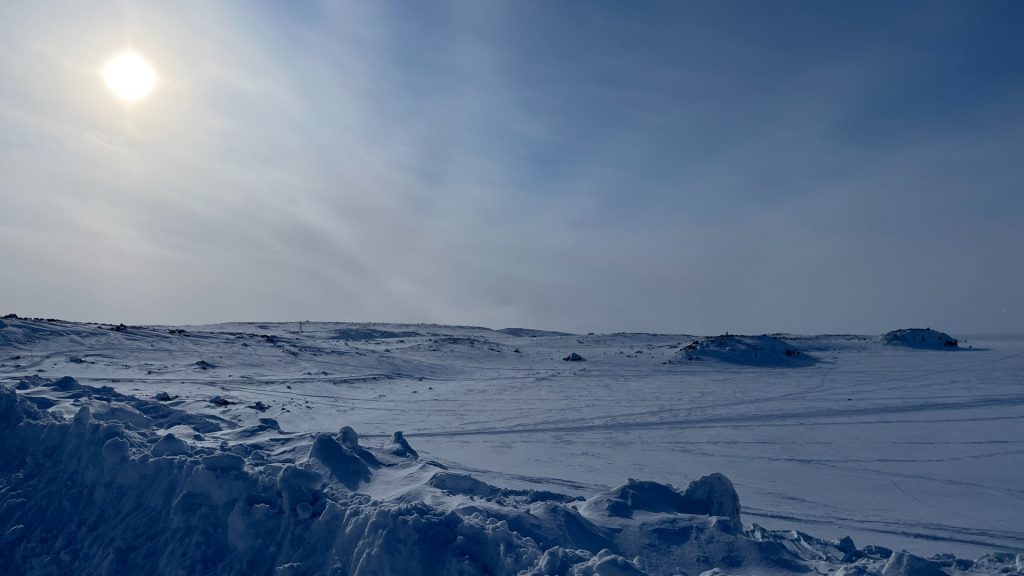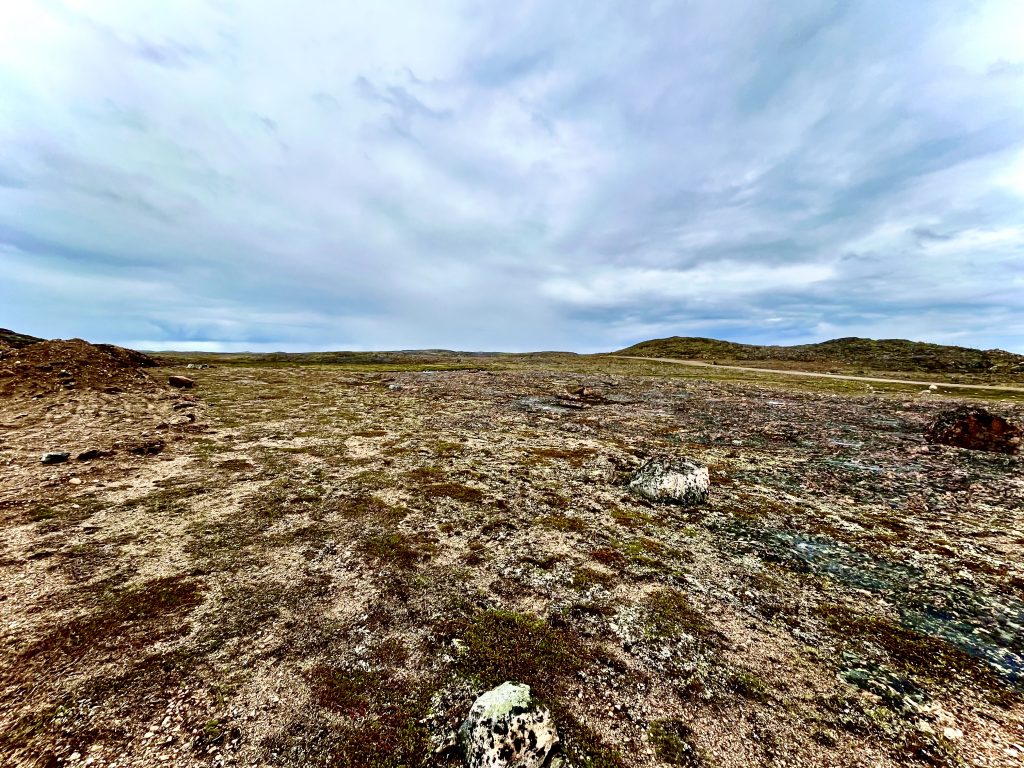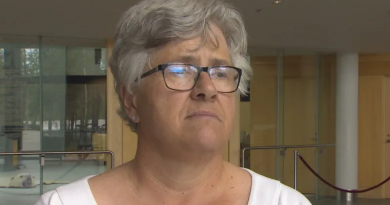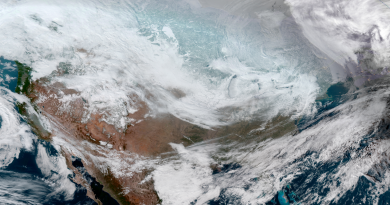Arctic predicted to warm more than three times faster than global average:WMO report

A new report from the World Meteorological Organization (WMO) released on Wednesday says the Arctic is set to warm more than three and a half times faster than the global average over the next five years, just one of the stark predictions covering the period 2025 to 2029.
The report predicts average annual temperatures will be between 1.2 C and 1.9 C higher than the baseline period of 1850-1900.
But when it comes to the Arctic, temperatures in the region are expected to go beyond that and are predicted to rise 2.4 C above the most recent 30-year baseline period of 1991-2020—something that would far exceed the global average.
Sea ice loss and global impacts
Rapidly warming Arctic temperatures are having profound effects on global weather patterns and ecosystems, contributing significantly to the loss of sea ice.
Sea ice in key regions—including the Barents Sea, Bering Sea, and Sea of Okhotsk—is expected to continue shrinking between 2025 and 2029, the WMO said.

“For Arctic sea ice in September (at its minimum extent) from 2025 to 2029, large reductions are predicted in all regions that typically experience sea ice at this time of year,” the report stated.
“The ability to predict anomalies at the sea-ice edge is highly accurate, so there is strong confidence in these projected reductions.”
However, Canada’s Arctic Archipelago is an exception, where there is less certainty about the changes over the next five years.
- Arctic warming: set to warm 3.5 times faster than the global average
- Temperature rise: average annual Arctic temperatures expected to increase above 1991-2020 baseline.
- Sea ice decline: sea ice reductions predicted for key regions, including the Barents Sea, Bering Sea, and Sea of Okhotsk
- Global temperature: an 86 per cent chance that one year between 2025-2029 will exceed the 1.5 C threshold set by the Paris Agreement.
A warmer, wetter world…including in the North
The WMO said precipitation patterns are also expected to shift, with wetter conditions predicted in several regions of the world include northern Europe, Alaska and northern Siberia.
“We have just experienced the ten warmest years on record,” WMO Deputy Secretary-General Ko Barrett said in a statement.
“Unfortunately, this WMO report provides no sign of respite over the coming years, and this means that there will be a growing negative impact on our economies, our daily lives, our ecosystems and our planet.”

The Paris Agreement sought to limit global temperature rise to 1.5 C., but the WMO report suggests that that limit is likely to be exceeded within the next few years, with an 86 per cent chance that one year between 2025 and 2029 will exceed the temperature.
The WMO said the report should serve as a wake up call for the international community in advance of the COP30 conference in Brazil this November.
“Continued climate monitoring and prediction is essential to provide decision-makers with science-based tools and information to help us adapt,” Barrett said.
Comments, tips or story ideas? Contact Eilís at eilis.quinn(at)cbc.ca
Related stories from around the North:
Canada: Study examines physical, social costs of thawing permafrost across Arctic regions, CBC News
Norway: Svalbard glacier once survived a warmer climate, The Independent Barents Observer
Russia: Melting permafrost may release industrial pollutants at Arctic sites: study, Eye on the Arctic
United States: Trump’s cuts threaten US polar science after decades of data collection, Blog by Mia Bennett



